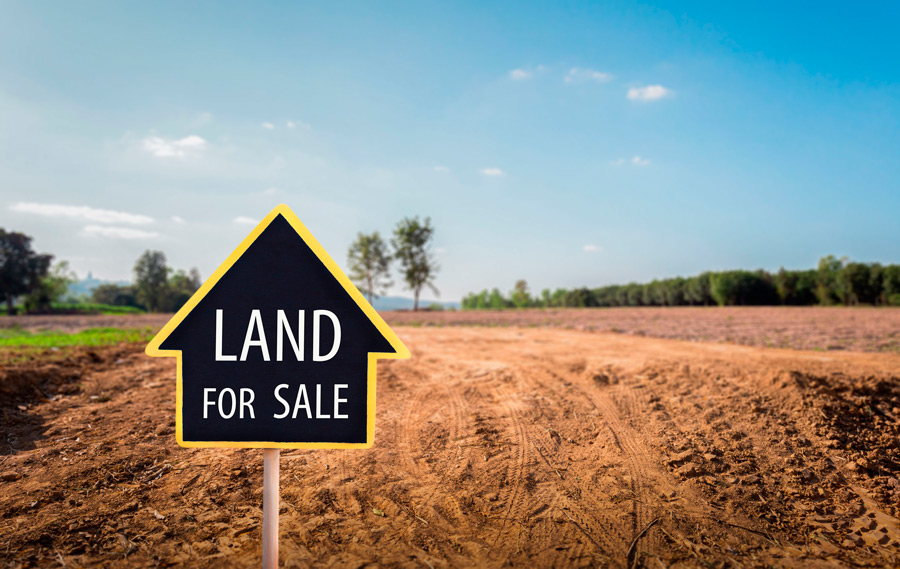When we think about inheriting real estate, most of us imagine a home filled with memories, furniture, and a mailbox out front. But sometimes, what gets left behind is something far less familiar—a vacant parcel of land. Whether it’s a wooded lot, a rural acreage, or a piece of land bought years ago for “someday,” inheriting land can be confusing and even overwhelming. As a probate real estate professional, I’ve seen many families unsure of what to do next. If you’ve inherited land instead of a house, here’s what you need to know.
First, understand that land is still real estate, and it still has value—sometimes even significant value depending on its location, zoning, and potential use. But unlike homes, vacant land doesn’t always have obvious features or income potential, and it comes with its own unique set of considerations.
One of the first steps is confirming ownership and boundaries. Many parcels of land haven’t been visited or surveyed in years, and the original owner may not have kept up with exact property lines. Pulling a recent title report or survey can help you determine if there are easements, access issues, or unknown co-owners. In some cases, land is passed down without clear documentation, which can slow probate and may require additional legal verification.
Next, it’s important to consider the land’s current zoning and usage rights. Is it agricultural, residential, or commercial? Can it be developed or built on? These answers affect not only the market value but also what kind of buyers might be interested. Some families discover that land they thought could be built on actually sits in a floodplain or has environmental restrictions. Others find gold in unexpected places when the land is near new developments or growing communities.
Don’t forget to check for unpaid taxes or assessments. With vacant land, it’s surprisingly easy for annual property tax bills to slip through the cracks—especially if the landowner was elderly or lived in another state. In some cases, the land may even be at risk of a tax sale. Checking with the county assessor’s office early can help you avoid unpleasant surprises and protect the asset.
If the land is in a remote location, maintenance might be another challenge. Overgrown lots, illegal dumping, or squatters can become issues—especially if no one’s laid eyes on the land in years. It’s a good idea to visit the property or hire someone local to inspect it and take photos. This helps you understand its current condition and determine whether it’s secure, clean, and presentable for marketing.
When it comes to selling, the market for land is different from the market for homes. It often takes longer to sell, and you may need to target a niche audience—developers, investors, neighboring landowners, or individuals looking to build their dream home. Marketing strategies for land typically involve aerial photos, clear mapping of property lines, and highlighting potential uses. In some cases, a perk test or soil analysis may help make the property more appealing to buyers.
If you’re not sure whether to keep or sell the land, consider your long-term goals, as well as the cost of holding onto it. Even if the land has sentimental value, it still comes with property taxes and liability. If you’re one of multiple heirs, you’ll also need agreement among all parties about whether to keep, sell, or divide the land. Like with inherited homes, disagreements can delay probate and lead to conflict, so clear communication is key.
Finally, don’t be afraid to ask for help. A probate-savvy real estate agent can walk you through the process, connect you with local resources, and help you understand the land’s value and market potential. Whether it’s a five-acre lot in the country or a sliver of land in the city, your next steps don’t have to be confusing.
Inheriting land isn’t as simple as inheriting a house—but with the right guidance, it doesn’t have to be overwhelming. If you’ve recently inherited land and don’t know where to start, I’m here to help you explore your options, protect the estate, and make the most of this unique opportunity.

